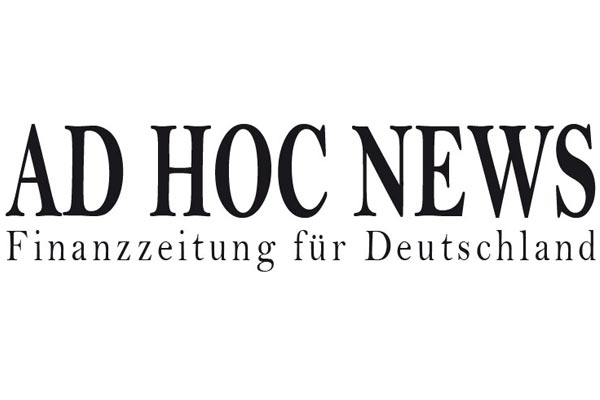DOMRADIO.DE: Trump sees himself as a savior. He says he is a warrior for God. How do you perceive that?
Prof. Dr. Detlef Pollack (sociology of religion at the University of Münster): In my opinion, this is an apocalyptic scenario. At the end of time, redemption will come, but before that, conditions will deteriorate. Trump does a lot to portray the situation in the world, especially in America, as bad. He talks about economic decline, a littered America that needs to be cleaned up.
These are all religious patterns of argument – a battle between good and evil. Trump sees himself on the side of good, and his actions are intended to make America great and “purified” again. He uses religious language to present himself as a savior.
DOMRADIO.DE: This argument is particularly popular with evangelicals in the USA. They worship Trump like a saint who fulfills Bible prophecy. There are even posters of Jesus placing his hands on Trump’s shoulders. It is said that 80 percent of evangelicals voted for Trump. What function does it serve for evangelicals?
Detlef Pollack
“The ways of God are unsearchable, and he can use even a sinner.”
Pollack: Evangelicals have felt despised by the American majority for decades and consider themselves the most persecuted group, even more so than African Americans or Muslims. You want to reverse this perceived decline and feeling of being unappreciated. Trump is their salvation because he represents certain evangelical values - such as the abortion issue – and appoints conservative judges.
Despite all doubts that Trump is really a Christian, they recognize him as an ally. They argue: “The ways of God are inscrutable, and He can use even a sinner for the best purposes.” They see Trump as a means to advance their interests.
DOMRADIO.DE: Atheists might say: “Religion distorts people and promotes megalomaniacs like Trump.” How do you respond to critics of religion?
Pollack: This accusation is not entirely unfounded. In the history of religion there is the figure of the trickster – a figure who constantly crosses boundaries and often appears as a “stupid”, but who at the same time establishes a connection to the superhuman and the divine. Such figures are revered precisely because they break norms, which many find liberating.
In the United States, there is strong contempt for elites among right-wing populists. Trump embodies this contempt. Many people can identify with him because he lives out what they themselves might want.
Detlef Pollack
“Modern democracy thrives on the separation of spheres.”
DOMRADIO.DE: How far would evangelicals go? Would they also support a theocracy if Trump wanted to proclaim it?
Pollack: I think many evangelicals would actually support that. Some of them are calling for the separation of church and state to be abolished, even though it is enshrined in the US Constitution. In the USA this separation is even stricter than in Germany, but evangelicals want religious leaders to be able to exert political influence.
I think this is a great danger, because modern democracy thrives on the separation of the spheres – religion, politics, economics, science. If this separation is abolished, it calls into question the foundations of democracy.
DOMRADIO.DE: Could something like this also happen in Germany or Western Europe? A “Holy Höcke” perhaps?
Pollack: In Western Europe and especially in Germany there is a lack of religious passion for something like this. If anyone here tried something similar it would be ridiculous. In the USA, on the other hand, over 80 percent of people are religious and believe in God.
Detlef Pollack
“Many Americans reject the mixing of religion and politics and are therefore turning away from churches.”
Evangelicals there have a mass base of around 20 percent of the population. Such statements and the pursuit of a “golden age” have a different resonance there. In Europe we are more secular and sober.
DOMRADIO.DE: When you look at the USA – what do you expect for the future? Are there limits to this development?
Pollack: I think the number of evangelicals is unlikely to increase any further because there is a countermovement. Many Americans reject the mixing of religion and politics and are therefore turning away from churches, especially from particularly conservative forms of religiosity.
In the last 25 years, the proportion of religiously unaffiliated people in the USA has risen from less than 5 percent to almost 30 percent. We see trends that are almost comparable to those in Western Europe.
The interview was conducted by Johannes Schröer.
The evangelical movement has its roots in Pietism and Methodism as well as in the German revival movement of the 19th century, represented by Ludwig Hofacker in Württemberg and Johann Hinrich Wichern in Hamburg. The forerunners of today’s organizational diversity in the evangelical sector are Bible and mission societies, the Christian associations of young men and women and the evangelical communities that met in 1888 in Gnadau near Magdeburg for the first Pentecost conference. The evangelical movement experienced a surge in the second half of the 20th century.


